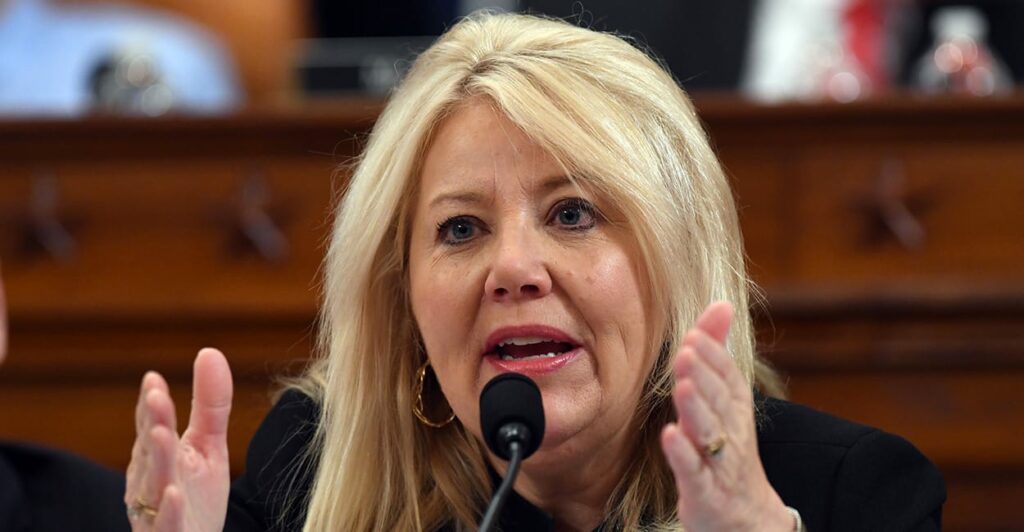“Setting expectations means nothing if you don’t hold people accountable,” says The H.R. Guy
Early this year, Ian Schotanus gave a talk on accountability and ran real-world scenarios with contractors

Image: The H.R. Guy
Ian Schotanus, “The H.R. Guy,” owns The Big Picture Consulting (BPC), an employee management firm serving home service contractors.
-
Early this year, he gave a talk on accountability and ran real-world scenarios with contractors in attendance. We were invited and penned a few notes. It was fun.
“Most people think of accountability as actions to punish rule breakers: Write-ups, suspensions, terminations. This is why so many prefer to avoid it, often to a company’s detriment,” Schotanus said, kicking things off.
He explained BPC’s “Steps of Accountability,” for contractors to keep in mind, before running scenarios:
-
Identify a violation. What went wrong, specifically? Did an employee fail to meet KPIs, or talk negatively about someone?
-
Investigate the cause. Gather and review data from witnesses, your CRM, dashcams, or whatever sources are most relevant to the issue. Conduct interviews, repeat them if necessary, and, most importantly, avoid jumping to conclusions.
-
Determine a course of action. Training and coaching may be the answer, because it may have been an honest mistake. But if not, there are traditional disciplinary steps to take, like verbal or written warnings, suspension, or termination.
-
Execute. Accountability doesn’t exist unless you follow through on the course of action. Have a tough conversation. Risk a defensive rebuttal. Take ownership of your part of the situation when necessary. And document everything.
“Sometimes, traditional disciplinary measures are the best course of action. However, you don’t have to rely on them. Creative tactics can [also] work very well for low-level offenses or just to get a message across to a habitual offender,” he noted.
In action: Schotanus presented three scenarios and asked contractors — Shaana, Jessica, and Andrea — to respond.
1. An employee shows up late to a meeting
Shaana: There’d be other people there, so we’d have witnesses and time records to know they showed up late. After the meeting, [I’d] probably talk to them and tell them that we expect them to show up.
Ian: If it doesn’t seem to be sinking in, there are some other things you can do to get creative. When somebody shows up late, I’ve seen companies decide not to allow them to clock in. They get to wait and can clock in at the end of the meeting. An alternative would be paying a price to enter [the meeting], like singing Happy Birthday. When they show up late, saying, “Okay, what’s your song today?”
It causes a distraction, so you might as well use it functionally. “We’re not focusing on the material now, so we’re going to focus on you, who decided to walk in late.”
2. Two employees become hostile due to personal conflict
Jessica: I’d pull each individual aside at separate times for a one-on-one meeting, and then obviously do the steps of accountability. We’d sit with them, and have a 3rd party come in to make sure everything’s being documented. We’d start with a verbal warning, but depending on the severity, it could be a write-up. I’d try to get down to what the actual problem is.
Ian: What if one-on-ones haven’t worked and it’s gotten worse?
Jessica: I think coaching and reminding them that this is a professional environment, and if they can’t understand how to drop it at the door, maybe they shouldn’t work here anymore — I’d do that individually.
Ian: I tend to get past the one-on-ones pretty quickly. At some point, you need to sit them together and go, “I don’t care what your problem is with each other. You’re causing anxiety among the team because you can’t act like adults. You need to figure it out. We value both of you, but if this keeps up, we have to decide for you guys how this is going to resolve.” Sometimes, we need that shock to the system.
3. An employee submits an anonymous complaint against management
Andrea: I’d definitely start at the leadership level. We’re a very Christian organization and we [actually have] had a team lead say that management talks about God too much. We did a re-training within leadership on how to effectively speak about things, [what] topics to avoid, and how to really understand that because we’re so diverse, how to be mindful and adapt.
Ian: Absolutely. You bring it to the leadership team, let them know the complaint was made, and talk to them about why it was brought up. Part of the investigation should be to announce to the team and acknowledge that somebody took the time to put in the complaint and invite them to talk to you in more detail.
There’s only so much you can do with anonymity, but you can let them know that you respect it and will do what you can to resolve it so that whoever submitted it feels heard and empowered; it reinforces the trust you’re building between the team and leadership.
The bottom line: “[Execution] is where people let personal relationships and emotional bias lead them into a trap of fear. Planning things out will bring you peace of mind because if an employee gets to a certain point and you need to terminate them, you’re prepared for it — you know for sure what to do,” Schotanus said.
-
“The most important thing about accountability is that you actually have to do it. If you don’t do it, nothing else matters. Setting expectations means nothing if you don’t hold people accountable.”
📬 Get our stories in your inbox
Keep reading
Lesko’s bill gets continued industry support
September 18, 2023
Interest rates, housing, and HVAC: A look at Jobber’s home service report
Jobber's Home Service Economic Report includes trends and insights from contractors on its platform
What the HVAC industry is saying in D.C. — Part 1: Labor
Notes from the industry's May visit to Washington


